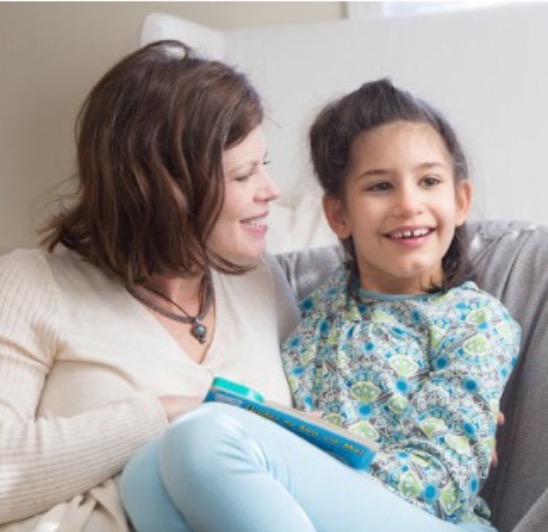Jill Swing, Charleston, South Carolina
Like many parents of children with severe seizure disorders, Jill Swing discovered the potential of medical cannabis through the 2013 CNN special report Weed, in which medical correspondent Dr. Sanjay Gupta reported the near-miraculous effects of CBD.

The story of that little girl’s experience in Colorado was enough to make Jill consider moving her family there. One of Jill’s twins, Mary Louise, now nine, has cerebral palsy and intractable epilepsy so severe that at times she has suffered near continuous seizures, up to 200 an hour, totaling 800-1,000 per day. The potential benefits of cannabis products were compelling, but ultimately the complications of trying to uproot an established family were too much, and the Swing family turned to their state lawmakers for help.
First, Jill reached out to South Carolina state Senator Tom Davis through a mutual friend of her mother-in-law. In early 2014, Davis introduced CBD legislation and encouraged Swing to get involved in support of it. Jill and her mother-in-law testified at hearings at the state capitol until they got it passed.
Part of the bill established a medical cannabis study committee, and Jill’s activism got her selected as the public representative. That became an eye-opening experience, as she traveled the state with the other committee members from state agencies, law enforcement and university medical centers, hearing the stories of other patients in need who were excluded from the narrowly written law, which allows only for possession of CBD extracts for certain types of epilepsy and has no provision for legally producing or acquiring it.
Jill had no experience with cannabis before considering it as a treatment for her daughter, so the stories she heard of its broader therapeutic potential for so many types of medical conditions provided new perspective. Her lack of experience also meant she had a steep learning curve trying to find medicine for her daughter. She networked with other desperate parents to find CBD extracts out of Colorado, but got burned several times, highlighting for her the critical importance of regulated state programs that ensure patients can both obtain cannabis medicines and have confidence that what they obtain is what it says it is.
With a verifying letter from Mary Louise’s physician at the Medical University of South Carolina, Jill was able to take her daughter to Maine, which has a provision for recognizing out-of-state patients. There, she was able to try extracts of various varieties and combinations that included THC. The results were dramatic. Mary Louise started babbling and standing and showed improved motor skills. Her pharmaceutical medications have been substantially reduced or changed as a result.
“After three years of working on this, not knowing if it would make a difference, what happened in Maine last year left me much more motivated,” says Jill. “Now I’m driven.”
After returning from Maine, Jill started an advocacy group, South Carolina Compassionate Care Alliance (SCCCA). First it was just a facebook group, but last fall they held their first big organizing meeting in Columbia, followed by smaller meetings around the state.
“We’re educating folks, talking to lawmakers,” says Jill.
This year, SCCCA is creating special groups for veterans and medical professionals and working with a pair of attorneys on model resolutions municipalities can adopt to show support for a more comprehensive state bill. The 2015 legislative attempt to broaden South Carolina’s narrow law failed, and the 2017 effort, again from Senator Davis, did not pass but will be taken up when the state legislature reconvenes.
For more information on the South Carolina Compassionate Care Alliance, join their facebook page at https://www.facebook.com/groups/SCcompassiongrp/. Jill and others are also conducting regular live streaming events at https://www.facebook.com/LIFEStreamSCCCA/.
“When people ask what they can do, I say, ‘just tell your story.’ That’s your role in this,” says Jill.
You can see more of her story on ASA’s blog at http://www.safeaccessnow.org/coming_out_of_the_cannabis_closet/
This profile was originally published in the August 2017 ASA Activist Newsletter
Share this page





















